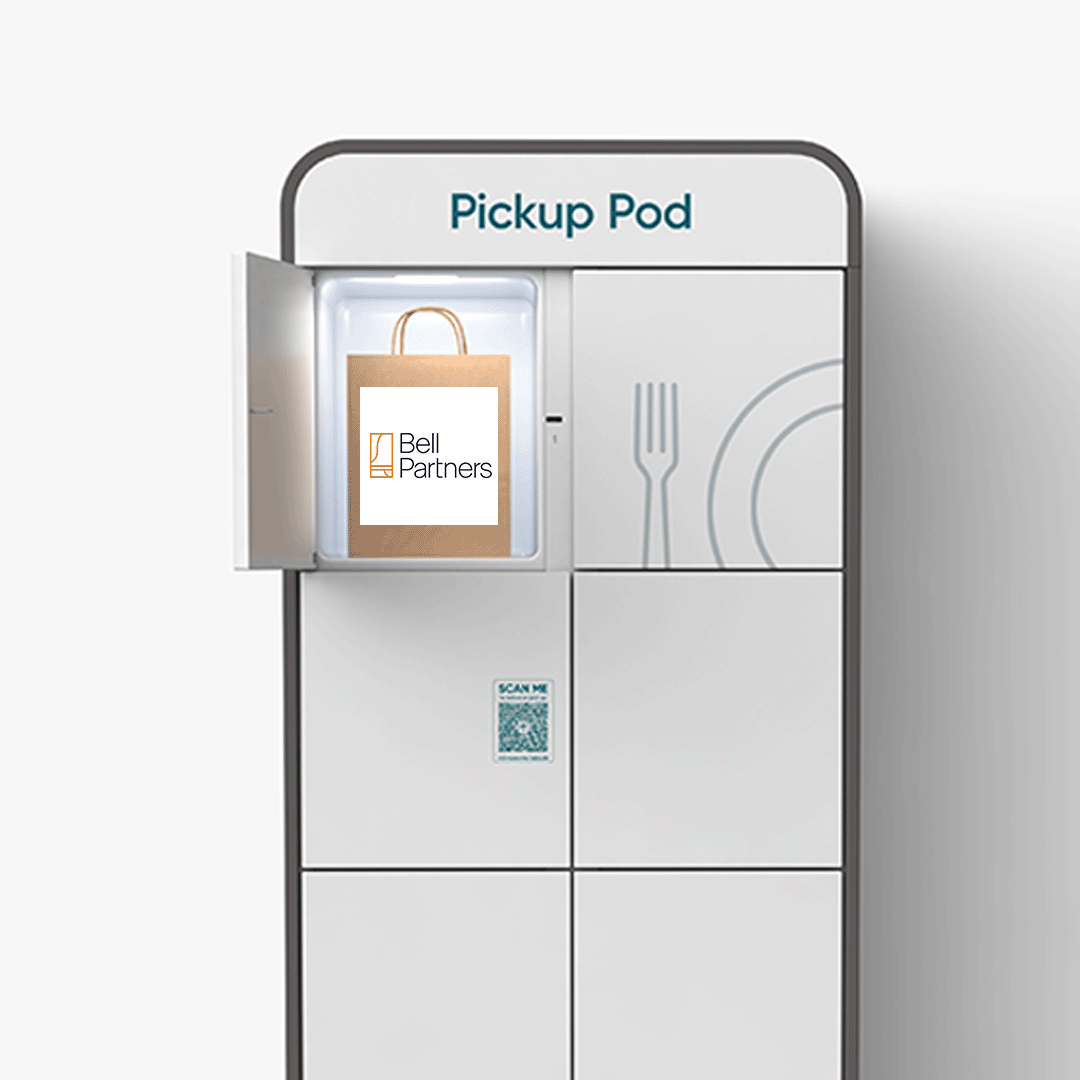In the modern digital economy, offering online payment capabilities is no longer a luxury—it’s a necessity. Whether you operate an e-commerce store, a subscription-based platform, or a mobile application, choosing the right payment gateway is essential to ensure secure, efficient, and user-friendly financial transactions.
In this guide, we’ll break down the different types of payment gateways, how they work, and how to select the most suitable option based on your business model, technical capacity, and customer needs.
What is a Payment Gateway?
A payment gateway is a technology solution that enables merchants to accept payments via credit or debit cards and other digital methods. It acts as a secure intermediary between the customer’s bank and the merchant’s bank, verifying transaction details and facilitating the transfer of funds.
Types of Payment Gateways
There are four primary types of payment gateways, each offering different levels of control, security, and user experience.
1. Hosted Payment Gateways
With a hosted payment gateway, users are redirected to the payment service provider’s (PSP) secure page to complete the transaction. After the payment is made, they’re redirected back to the merchant’s site.
Pros:
- Quick and easy to implement
- Security handled entirely by the provider
Cons:
- Limited customization
- Redirection may disrupt the user journey
Best Suited For: Startups and small businesses seeking a simple and secure solution without heavy technical involvement.
2. Self-Hosted Payment Gateways
This setup allows merchants to collect payment data directly on their own website before forwarding it to the gateway’s processing URL.
Pros:
- More control over branding and checkout experience
- Customizable design
Cons:
- Merchants are responsible for securing customer data
- Requires PCI-DSS compliance
Best Suited For: SMEs with access to technical resources and a focus on brand consistency.
3. API-Hosted Payment Gateways (Integrated Gateways)
These gateways process transactions via API, allowing users to stay on the merchant’s website throughout the checkout process.
Pros:
- Seamless user experience
- Full control over interface and functionality
Cons:
- High development and maintenance overhead
- Requires stringent security and PCI compliance
Best Suited For: Large-scale businesses or enterprises with dedicated development teams and the need for a customized checkout.
4. Local Bank Integration Gateways
These gateways connect directly to regional banks and are designed for specific geographic markets. Users are redirected to their bank’s website to complete the payment.
Pros:
- Builds trust with local users
- Ideal for country-specific operations
Cons:
- Limited global payment support
- Fewer advanced features compared to other types
Best Suited For: Businesses focused on regional markets or operating in countries with strong local banking preferences.
Payment Gateway Comparison
| Gateway Type | User Experience | Security | Customization | Best For |
|---|---|---|---|---|
| Hosted | Redirected to PSP page | High | Low | Startups, Small Businesses |
| Self-Hosted | Data collected on-site | Medium–High | Medium | SMEs with technical support |
| API-Hosted | Seamless, on-site | High | High | Enterprises, Tech-Driven Brands |
| Local Bank Integration | Redirected to bank page | High | Low | Region-Specific Businesses |
How to Choose the Right Payment Gateway
To make the right decision, evaluate these key factors:
- Business Size & Goals: Smaller companies may prioritize ease of setup, while larger organizations benefit from deeper integration and control.
- Technical Resources: Hosted options require minimal setup, while API solutions demand significant technical involvement.
- Target Market: Businesses operating in specific countries may benefit from localized gateways.
- Security Requirements: Make sure the solution is PCI-DSS compliant and supports data encryption and fraud prevention.
- Customer Experience: Choose a gateway that supports a frictionless checkout to boost conversions and satisfaction.
Need guidance? Our expert payment gateway development services can help you determine the best fit and provide a fully customized solution.
Benefits of Choosing the Right Payment Gateway
- Higher Conversion Rates: A smooth, user-friendly checkout encourages users to complete their purchases.
- Enhanced Security: Protects sensitive customer data and reduces fraud risks.
- Growth Scalability: The right infrastructure supports future expansion and new features.
- Payment Versatility: Accept payments via cards, UPI, e-wallets, and more.
Final Thoughts
Choosing a payment gateway isn’t just a technical decision—it directly impacts customer experience, transaction security, and business growth. Understanding the pros and cons of each gateway type empowers you to make the right investment.
Read More: How Crypto Exchanges Provide Trade Solutions for Every Skill Level






















